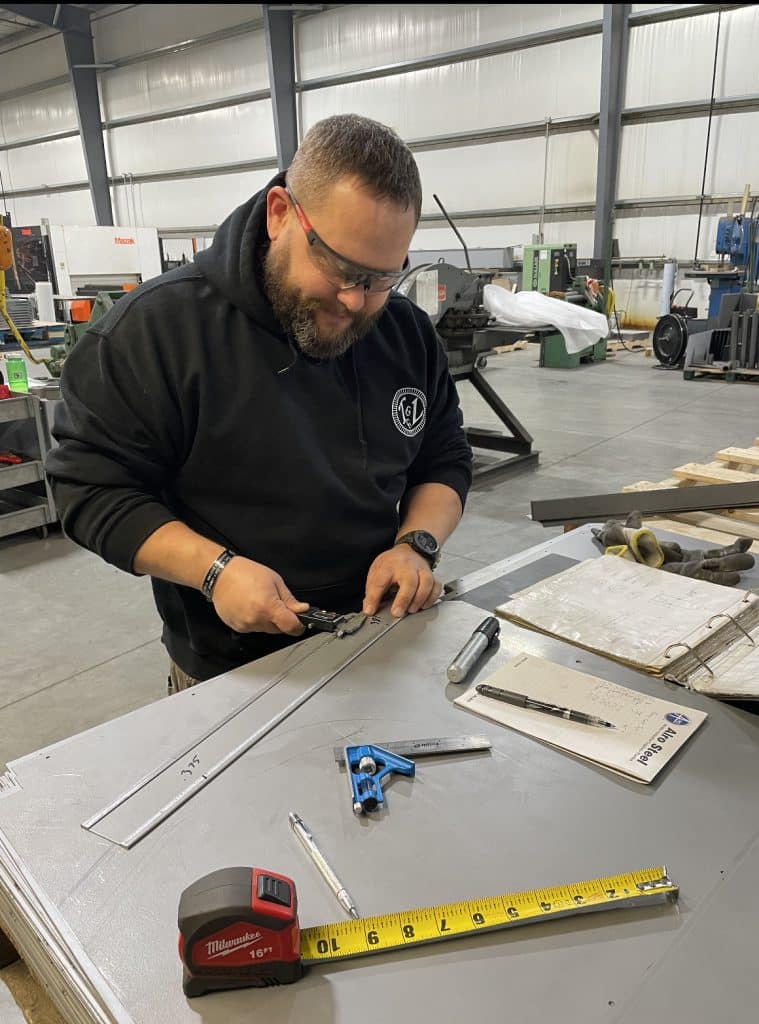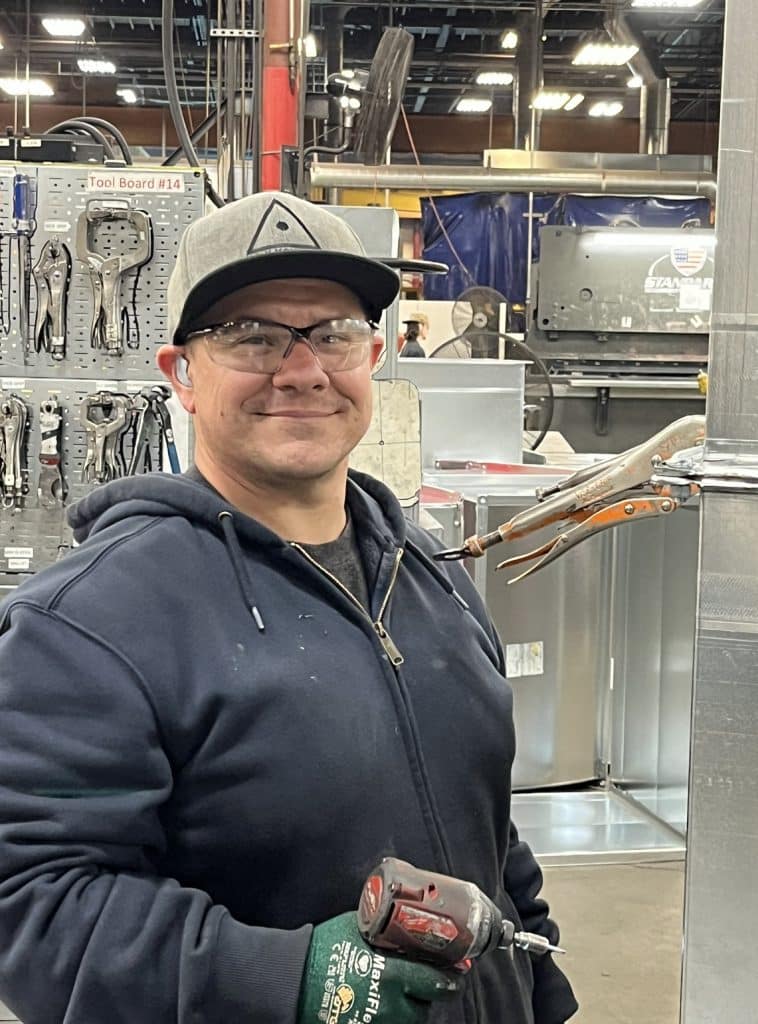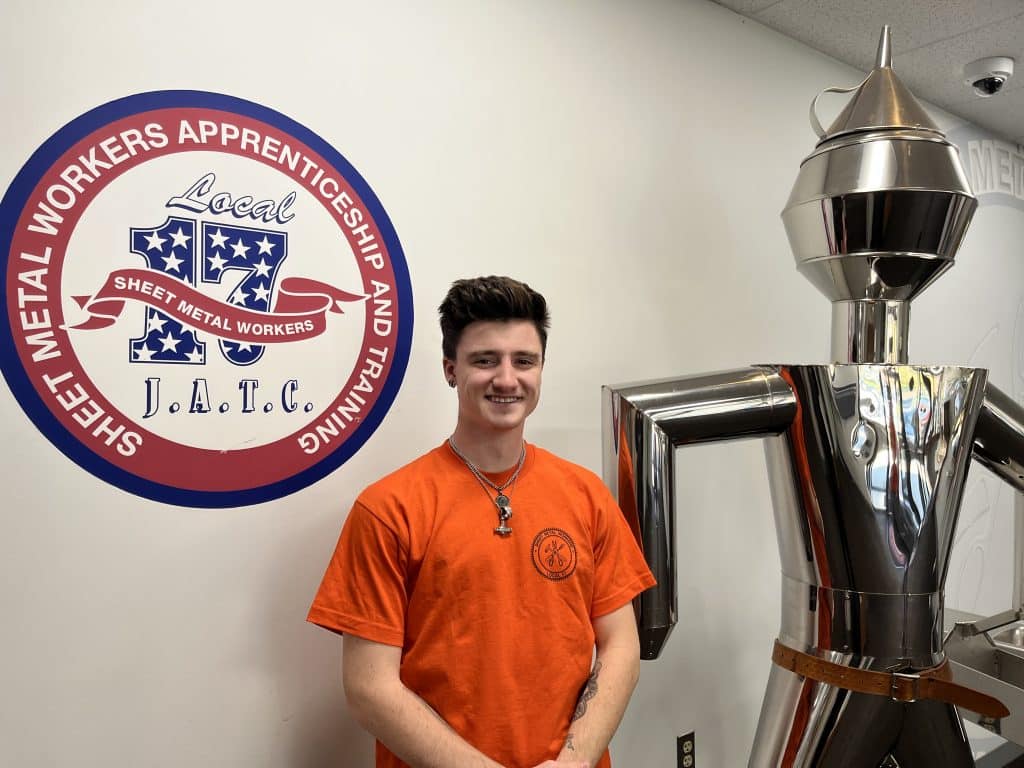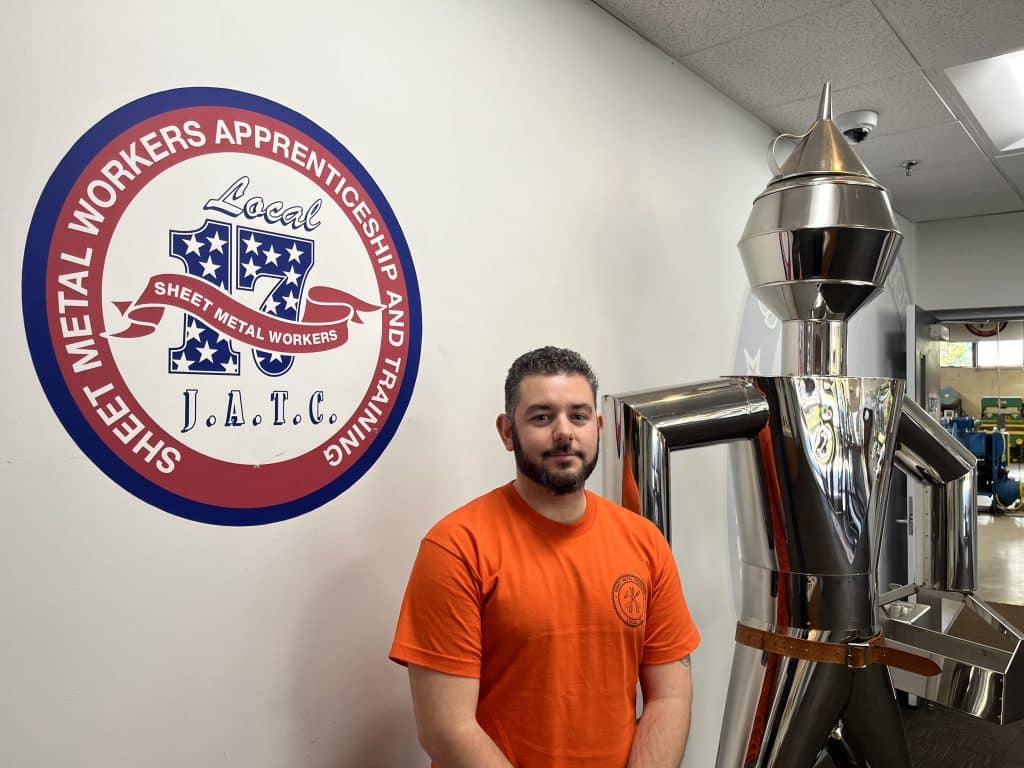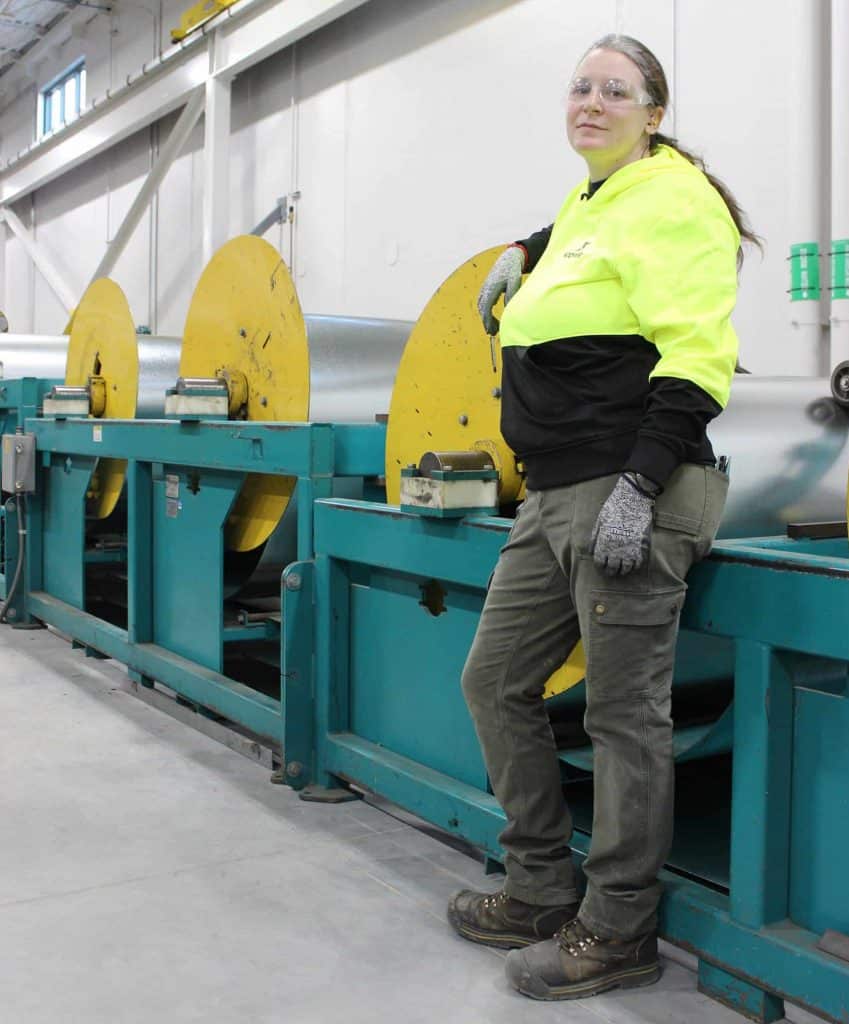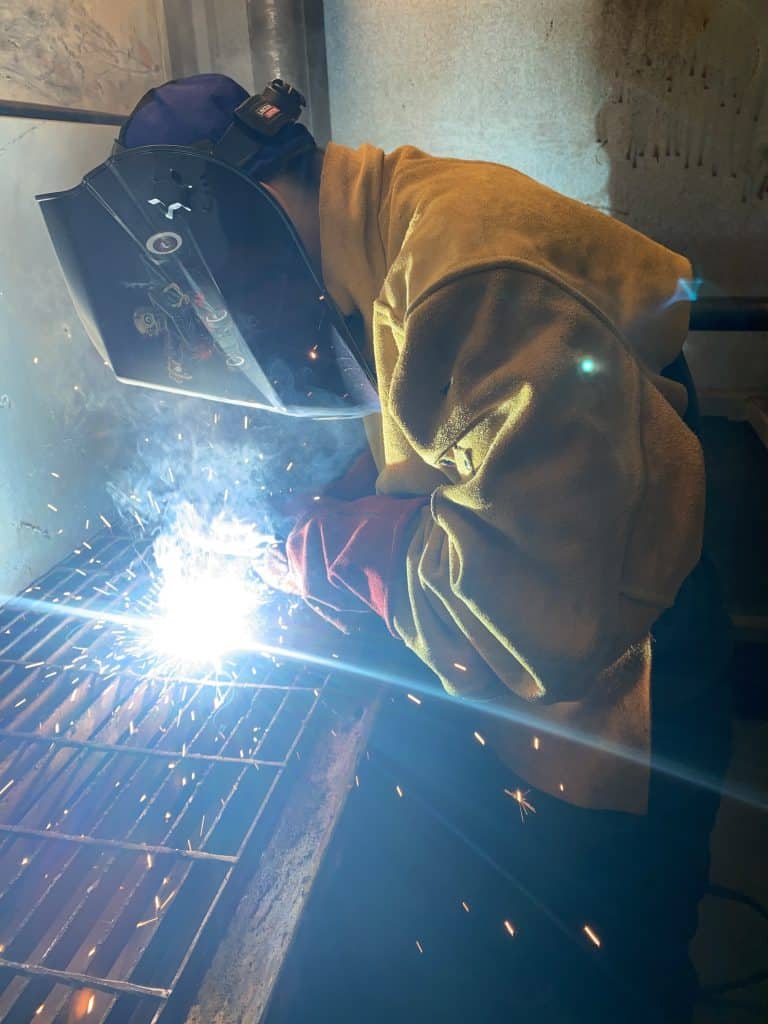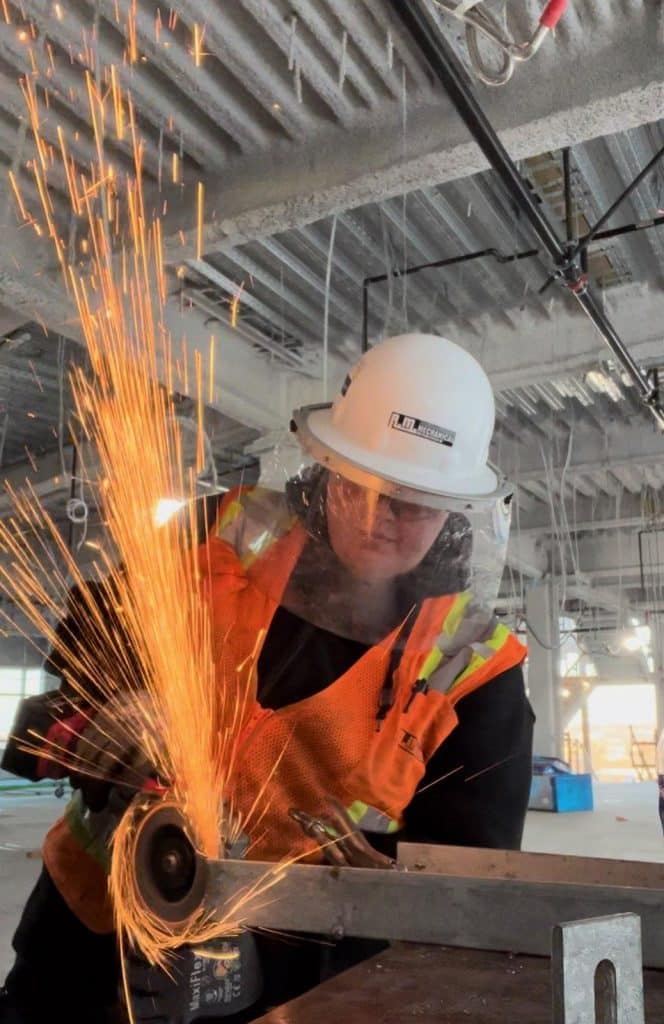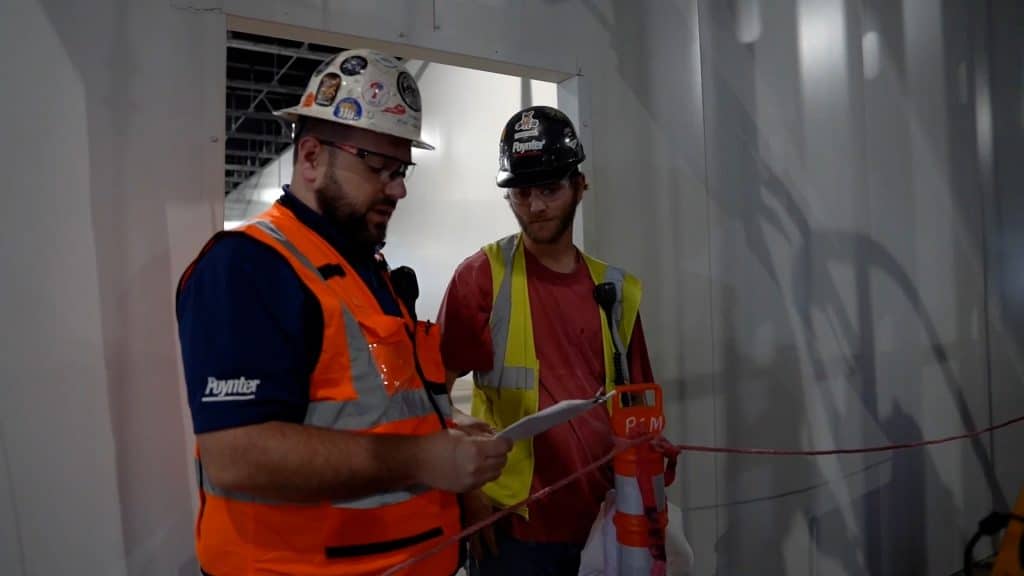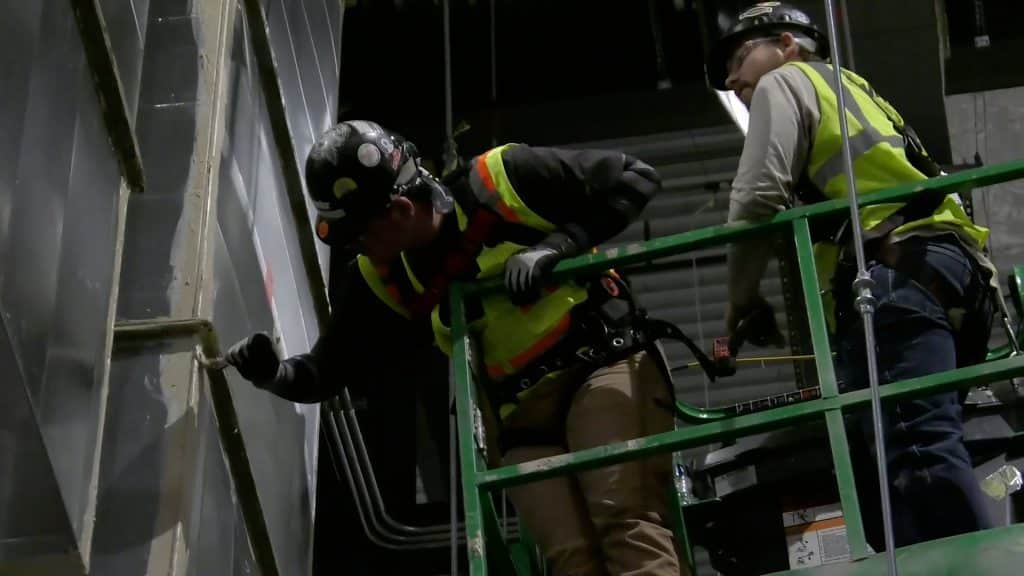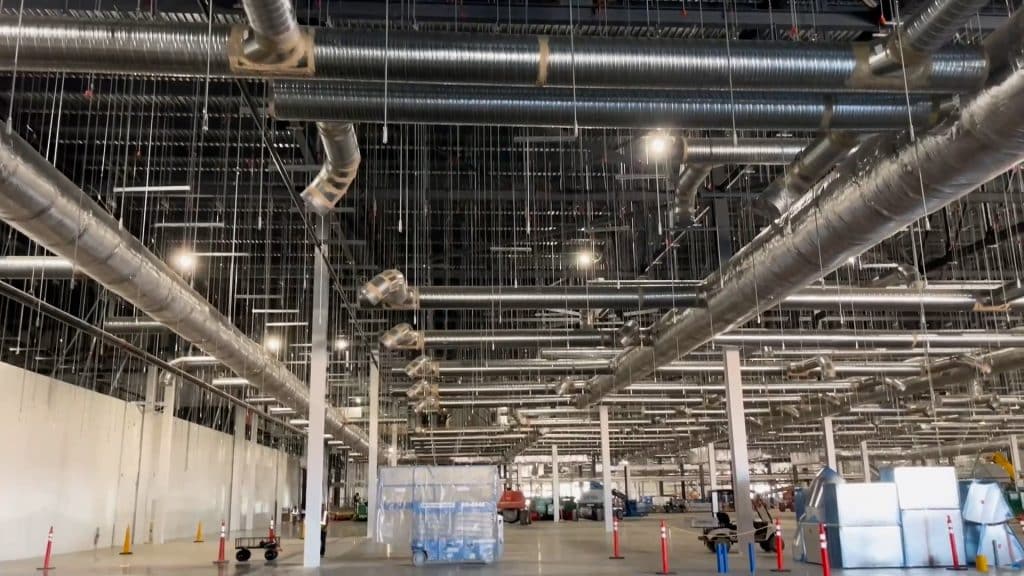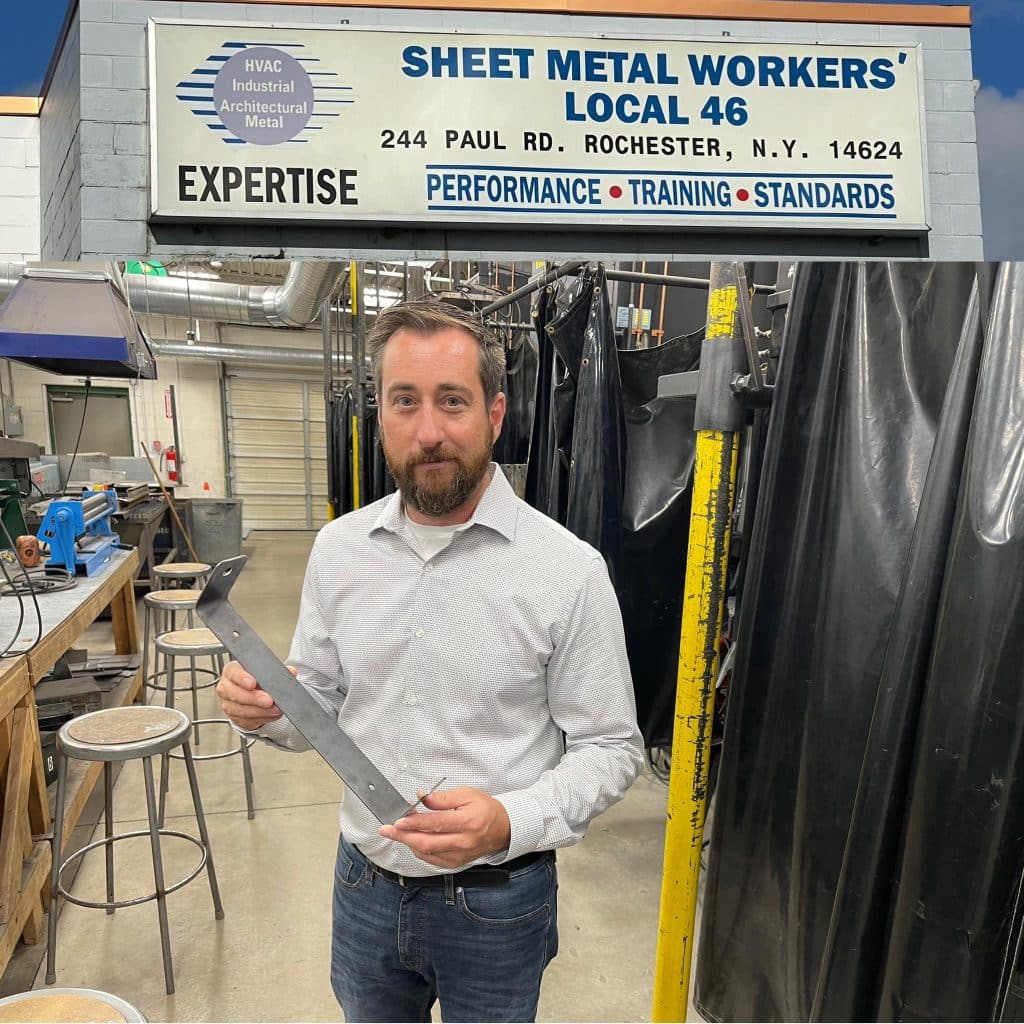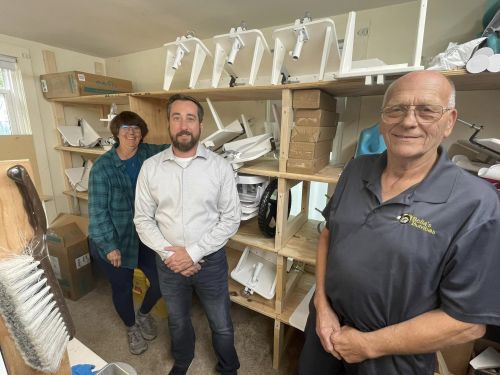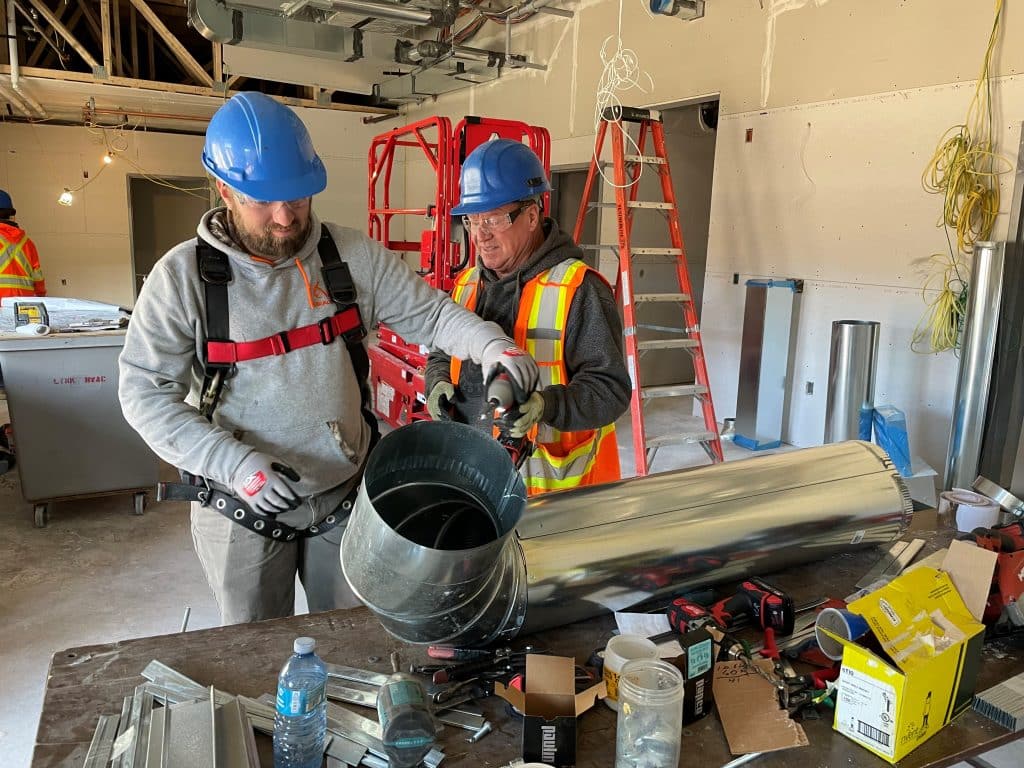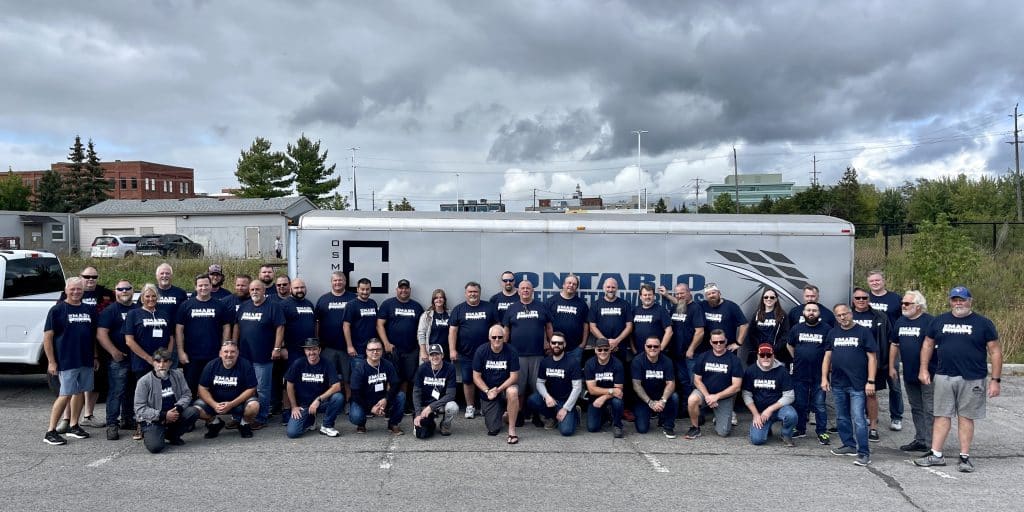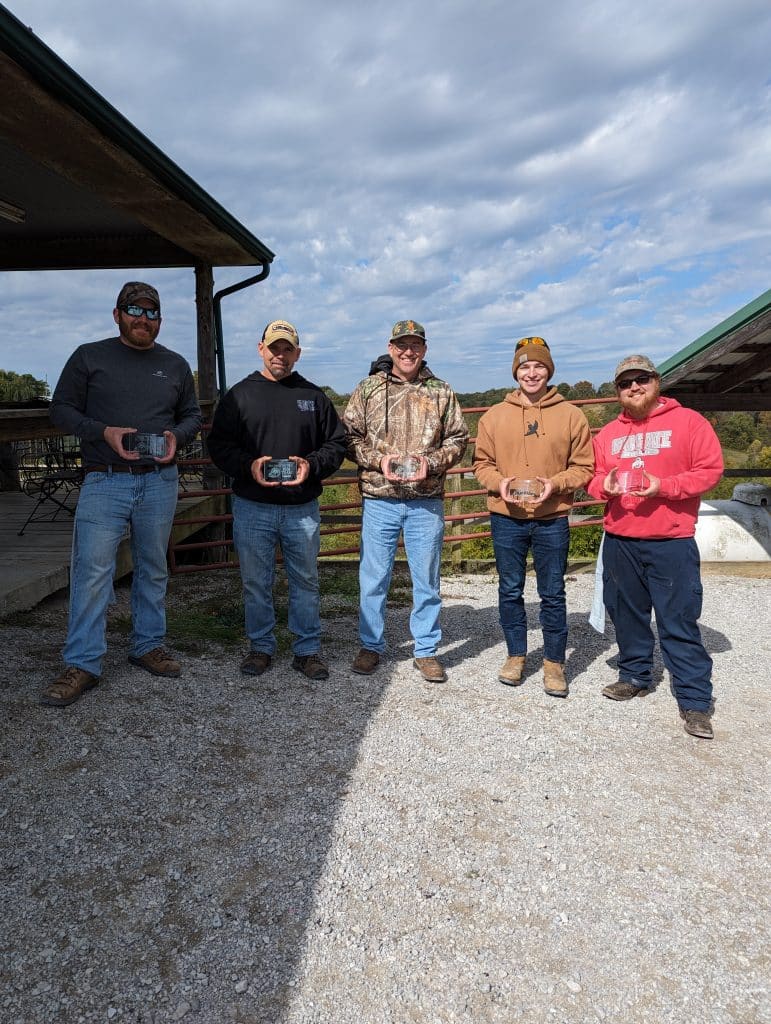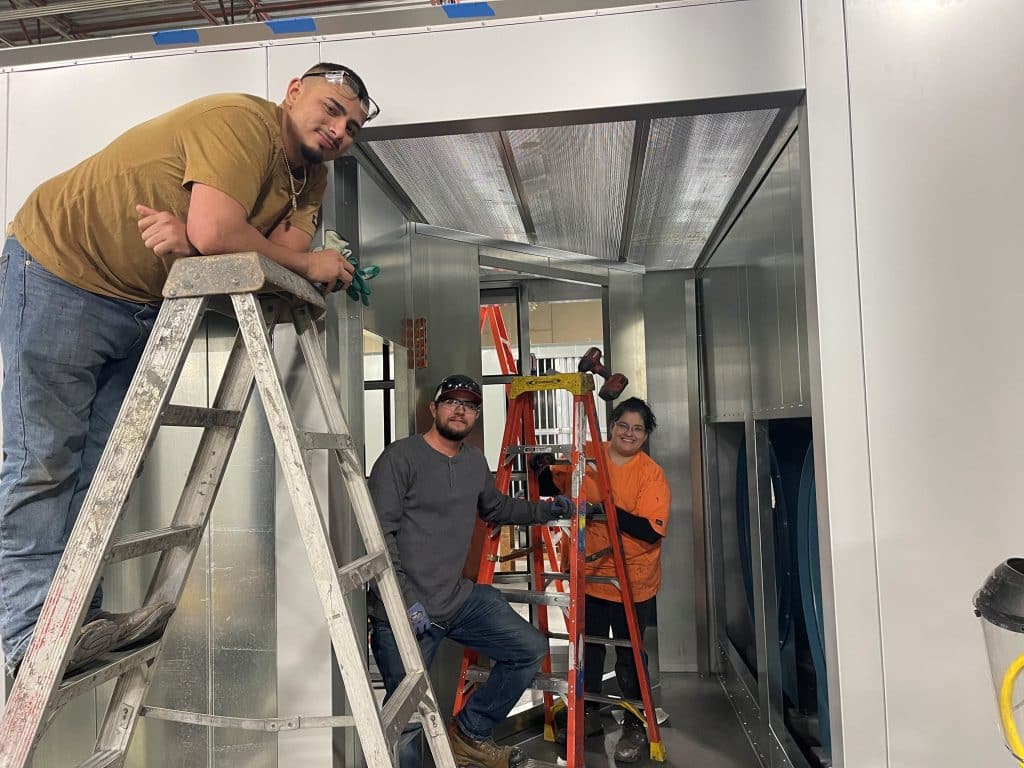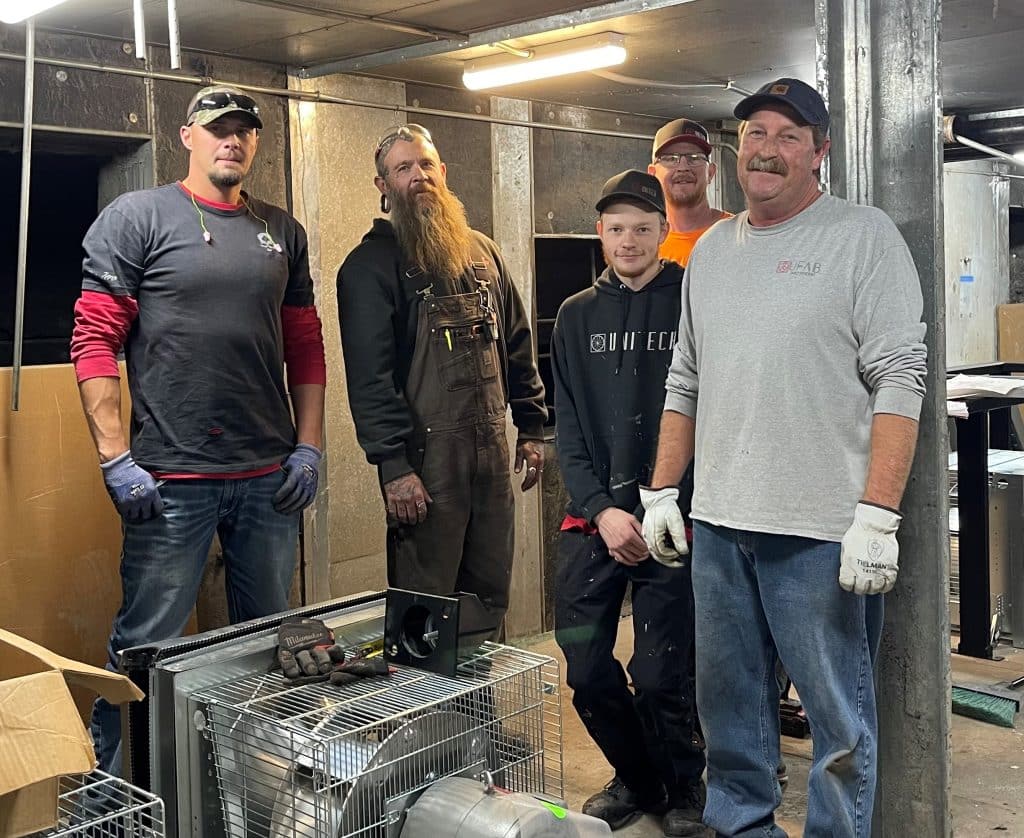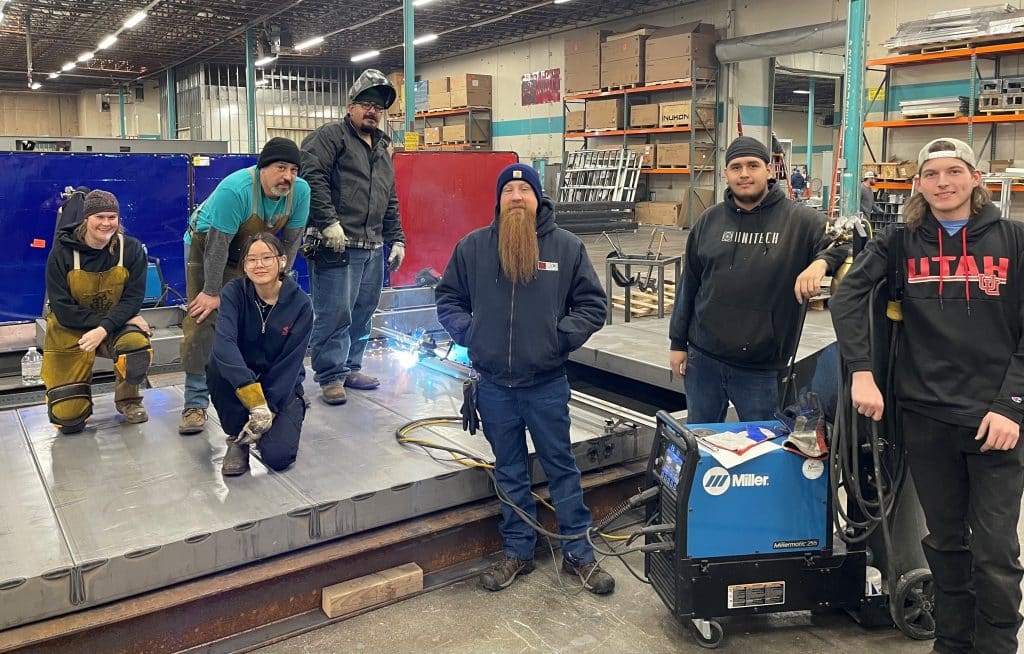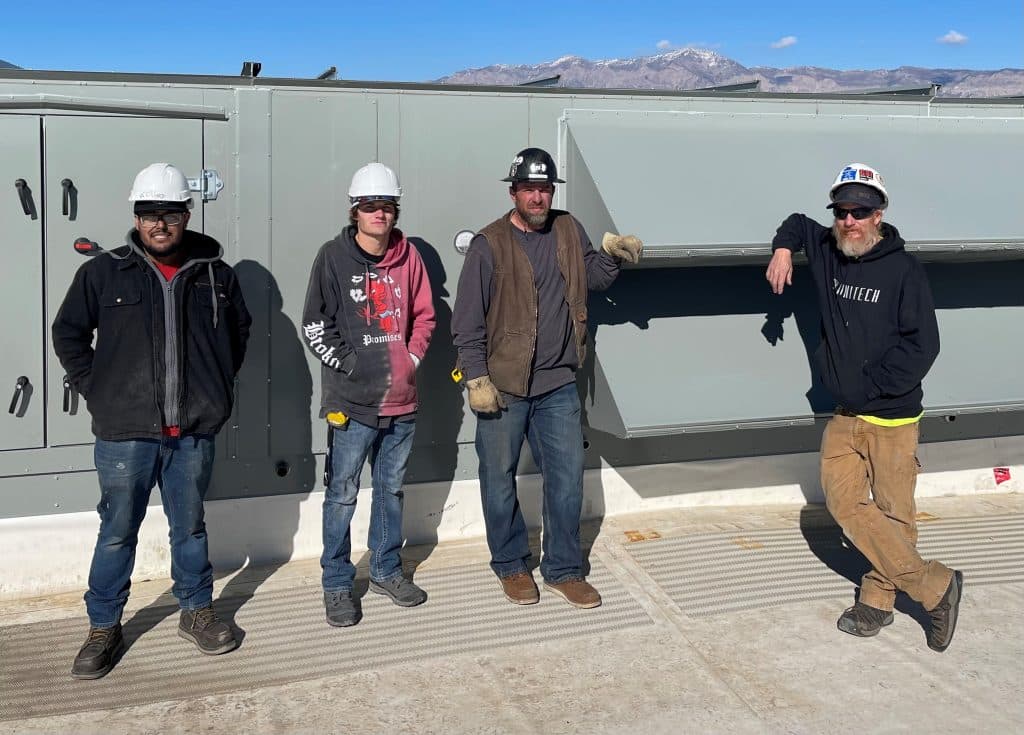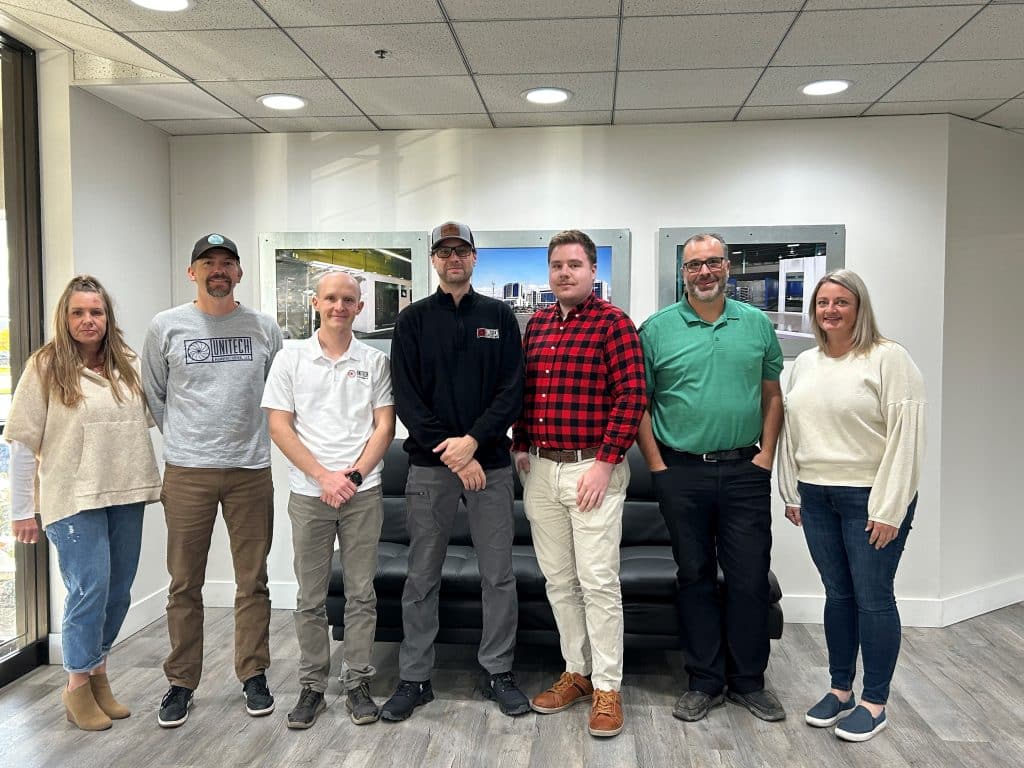Following the retirement of Bus Vice President Calvin Studivant and the passing of Transportation Division Vice President John Whitaker, Alvy Hughes and Jamie Modesitt have been appointed to the SMART General Executive Council as general vice presidents.
Alvy Hughes was born in 1972. Hughes attended Chowan College and served in the Army National Guard from 1990 to 1998, beginning his transportation career with Charlotte Transit in 1995.
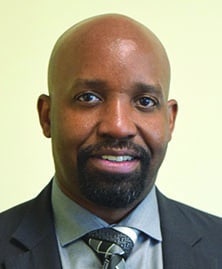
As a member of Local 1596 in Charlotte, N.C., Hughes has served as local vice president, secretary of General Committee of Adjustment GO TMM and general chairperson of General Committee of Adjustment GO TMM. He has also served as vice chairperson of the Association of General Chairpersons — District 3. He was elevated to the Board of Appeals in 2009.
On Oct. 1, 2014, he was elevated to the office of Transportation Division alternate vice president — bus — East by the Transportation Division Board of Directors. Five years later, he was elected to the office of vice president — bus at the second SMART Transportation Division Convention in Las Vegas on August 11, 2019.
Hughes and his wife, Lisa, reside in Charlotte, N.C., with their three children and one grandchild.
Jamie C. Modesitt, a member of Local 298 in Garrett, Indiana, was born July 1, 1974. He attended Ball State University in Muncie, Indiana, before beginning his railroad career with CSX Transportation on June 12, 2000. He holds the craft of conductor and engineer.
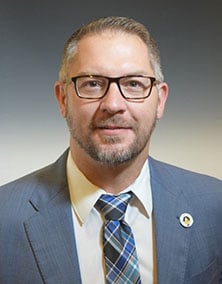
Modesitt was elected local chairperson of Local 298 in 2006, where he was responsible for serving approximately 200 members, and was re-elected by acclamation to that position in 2011. In 2011, Modesitt was elected secretary of CSXT/B&O General Committee GO 049 and was later elected by acclamation to a full-time position as 2nd vice general chairperson in 2012. He was later elected by acclamation to 1st vice general chairperson in 2014. Modesitt was elected general chairperson by acclamation in January 2018 and in January 2019 during the GO 049 Reconvening Meeting.
Modesitt served as delegate for Local 298 and attended UTU Conventions in 2007, 2011 and the first SMART-TD and General Conventions in 2014. He was selected by the board of directors to serve as the chairperson of the 2014 SMART-TD Constitution Committee. In addition, Modesitt was appointed an alternate member to the TD Executive Board by the board of directors on April 4, 2017, and was elevated to the Executive Board in January 2018.
Modesitt has served as general chairperson on one of the largest rail general committees in the country, representing thousands of members consisting of conductors, trainmen, yardmen, passenger conductors, passenger assistant conductors, hostlers, engineer trainees, engineers, trackmen, signalmen, carmen, machinists and locomotive electricians. He is considered an expert when it comes to Railway Labor Act (RLA) arbitration, with experience in well over 1,000 cases consisting of discipline cases and agreement rules, and has presented local chairperson workshops at SMART-TD Regional Meetings since 2015.
Modesitt was elected to the position of vice president by acclamation at the second SMART Transportation Division Convention, Aug. 11, 2019. He and his wife, Janelle, reside in Jacksonville, Florida.

